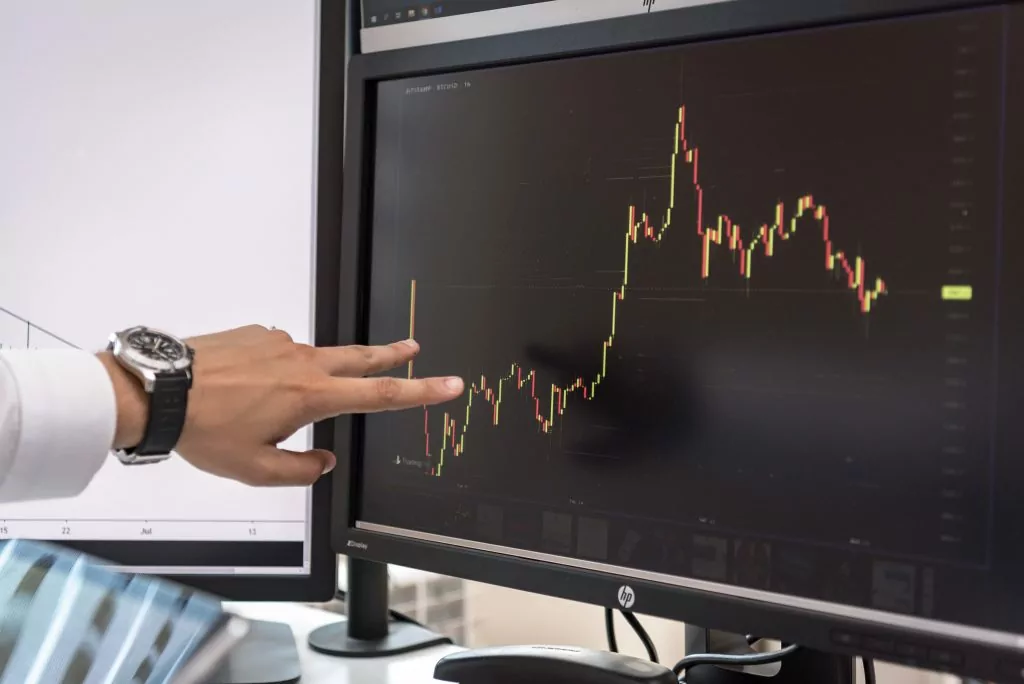
Futures trading is a type of financial market activity that includes making predictions about how various assets, such as commodities, currencies and indexes will change in value in the future. Although it comes with inherent risks, it also presents an opportunity for possible gains.
In this article, you can explore the world of futures trading, outlining its principles, advantages, types of futures contracts and other factors, so you may decide if this activity is something you can take up.
Understanding Futures Trading
Standardized agreements to purchase or sell an item at a defined price and date in the future are known as futures contracts. Unlike stocks and options, futures trading entails gambling on the underlying future value of assets as opposed to actually holding the item. Traders take positions with either purchasing (going long) or selling (going short) futures contracts. By liquidating the position before the contract’s expiration, the objective is to gain from price movements. The use of leverage, which enables traders to hold a greater position with a smaller initial capital input, is a significant component of futures trading.
Benefits of Futures Trading
Futures trading offers several advantages that make it an appealing option for traders. Firstly, the high liquidity of futures markets ensures efficient price discovery and ease of entry and exit from positions. Additionally, the leverage available in futures trading can amplify potential returns. Futures contracts also provide opportunities for diversification, allowing traders to access a wide range of asset classes. Furthermore, futures markets operate nearly 24 hours a day, providing flexibility for traders in different time zones.
Considerations and Risks
While futures trading can be promising, it is important to understand the associated risks. The leverage that amplifies potential returns also magnifies losses. Market volatility can result in substantial losses if positions are not managed carefully. Timing is crucial in futures trading, as contracts have expiration dates and holding positions beyond expiration may result in physical delivery or rolling over to subsequent contracts.
Traders need to be knowledgeable about the asset they are trading, staying informed about market news, economic indicators and global events that can impact prices. Risk management, including setting stop-loss orders and position sizing, is essential to protect capital and limit potential losses.
Who Should Consider Futures Trading?
Futures trading is suitable for individuals who are willing to dedicate time and effort to learn and understand the market dynamics. Traders should have a high tolerance for risk and be able to handle the emotional aspects of trading, such as managing losses and controlling greed. Active traders who thrive in fast-paced environments may find futures trading appealing due to its high liquidity and volatility. However, it is important to note that futures trading is not suitable for everyone, particularly those with limited capital, a low-risk tolerance, or a long-term investment horizon.
Conclusion
Futures trading presents business prospects across a range of marketplaces. However, it requires a thorough understanding of market dynamics, risk management and the capacity to deal with the difficulties of trading. To consider if futures trading is suitable for you, take into account your risk tolerance, investing objectives and willingness to put in the necessary time and effort.



